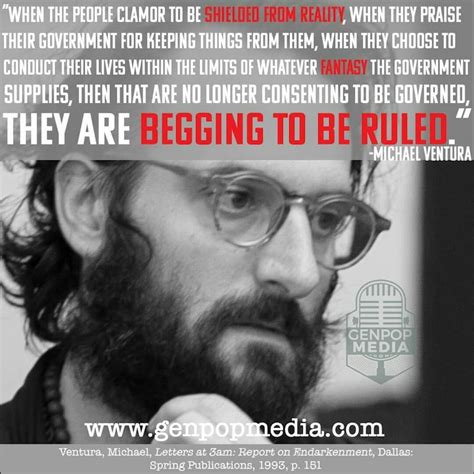A Quote by Amanda Shires
It's weird to take your work into a room and everybody reads it. Then comes the terror part, the dissection.
Related Quotes
Work - get paid; don't work - don't get paid. Everybody is on commission, .. Try not coming to work for six weeks. Work gets paid; don't work, don't get paid. When they earn those dollars, and when you're 4, and you clean up your room, it really means mom cleaned up the room and you did two toys. When you're 14, it means you cleaned up your room. But still, we got the money caused by work, and then, we have teachable moments on how to handle the money they earn.
When you write, you're alone in a room. And when someone reads a book, they're alone in a room, too, usually. It's a really intimate exchange. And so people ask me where I get the boldness to talk about this or that, but I didn't feel like it required any sort of courage, because I was alone. Sometimes it feels weird for people to read it.
If the mystical lovers of the arts, who consider all criticism dissection and all dissection destruction of enjoyment, thought logically, an exclamation like "Goodness alive!" would be the best criticism of the most deserving work of art. There are critiques which say nothing but that, only they do so more extensively.
Courage can't make you an artist, but without that courage, you won't remain one for long. First is the courage to be alone in the room where you create, and the courage to face that indefinitely, with no one to say if you are any good or not. Then, there is the courage to follow your work wherever it's going to take you. And the courage to fight for your work.
What I see is trying to make sure that everybody thinks you have more than what you actually have. What’s the point if you actually don’t have it? If you don’t have it, then you don’t have it. Have what you have. Enjoy that . . . The craft is everything. Don’t be afraid of not being the wealthiest person in the room. Be the smartest person in the room. Be the slickest person in the room. Be the most creative person in the room. Be the most entertaining person in the room. Just be in the room.




































